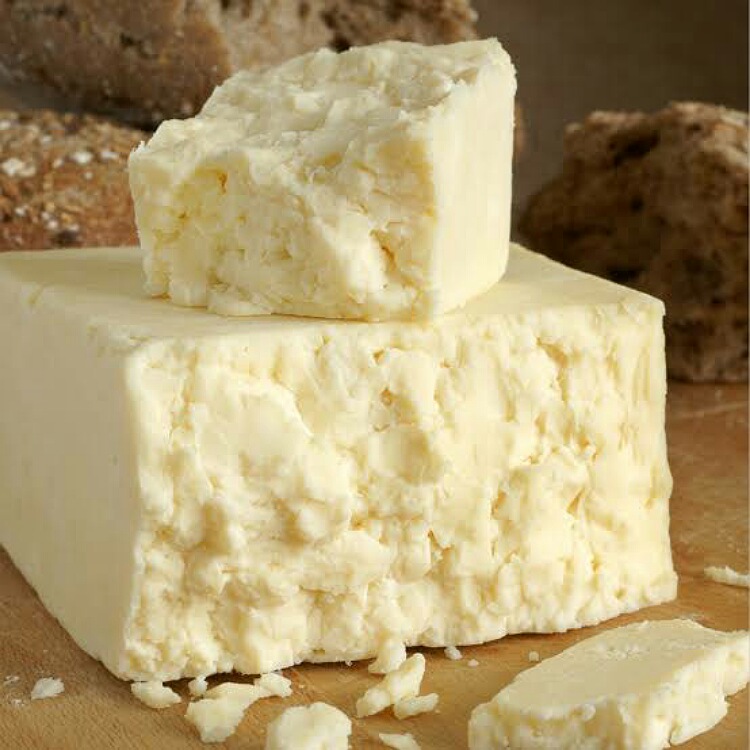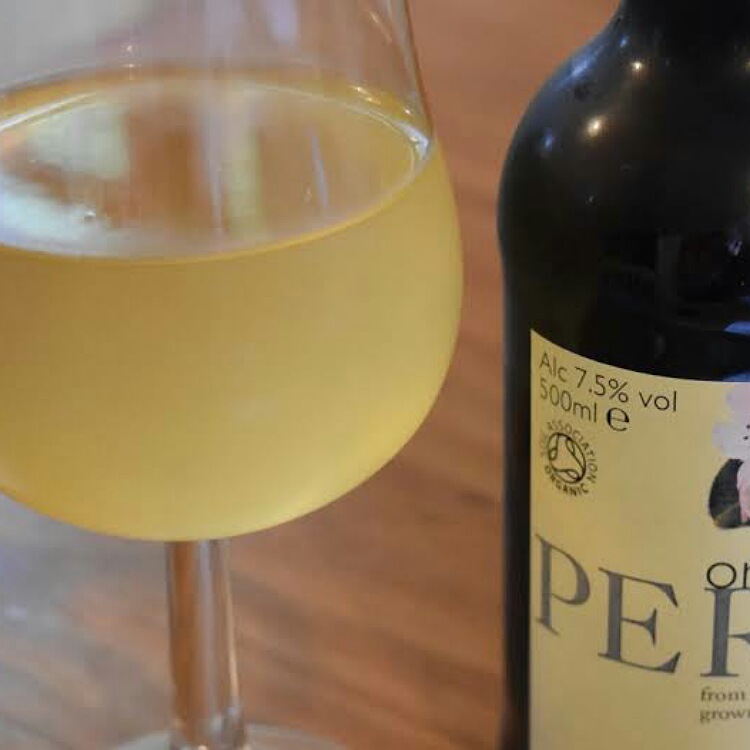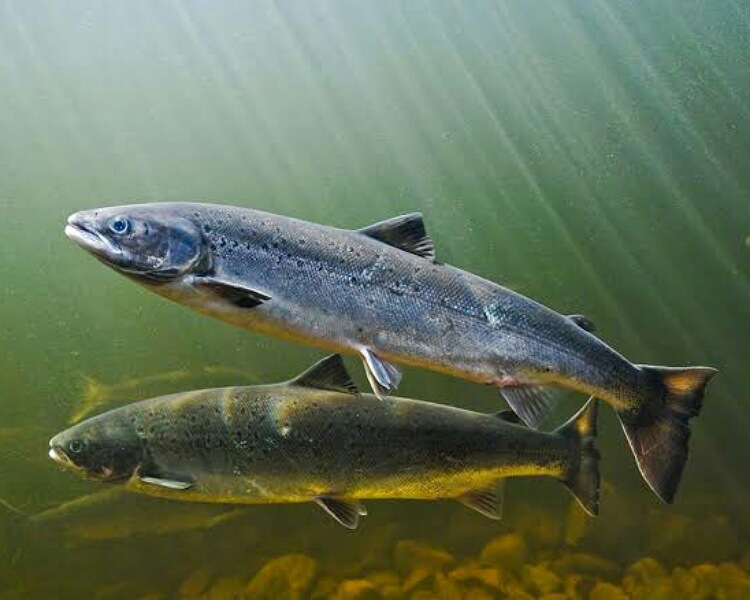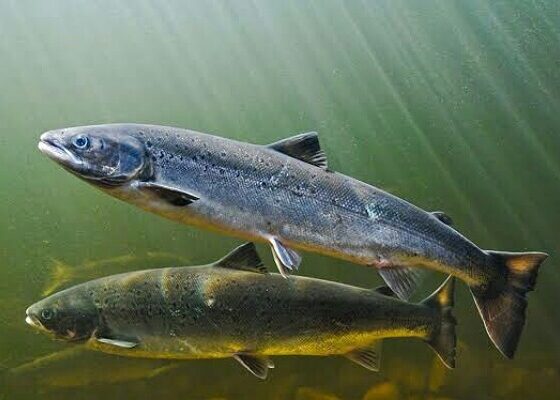There are several endangered foods in the UK that are on the verge of vanishing from the markets. These are nutritious and eco-friendly but there are not many producers of them. Which are these foods that should draw the attention of agriculturists, farmers, policy makers and nutritionists to prevent them from doing a permanent exit?
Endangered foods
There are innumerable kinds of foods that humans can safely consume. They are not poisonous and are healthy with no side effects. But due to some reason, some of these foods are unable to make it to our plate. They are produced in so less an amount that you might not find them in the market for purchase so easily. These run the risk of totally disappearing from the world.
Humans currently are eating just a fraction of the foods available for them on the planet. Not many farmers are growing some crops. And these might permanently vanish soon from the market. These are the endangered foods and these have to be saved for humankind.

Moreover, these foods are also good for the planet. Because they have very less carbon footprint. Which are these foods that need the attention of policy makers and everyone? They need to be grown in ample amounts. And they might also help overcome food insecurity, hunger and malnutrition of the world.
Diversity of crops declining
Slow Food movement have enumerated in their catalogue, the Ark of Taste, 5952 foods that are on the brink of extinction. Food journalist, Dan Saladino in his book Eating to Extinction has talked about the near death of several varieties of cheese, grains, pigs, coffee beans, and wine. Dan says:
“I had to force myself to really explore why we should care,”
“That revealed to me the importance of diversity not just in the past, but in the future,”

Polly Russell, food historian reveals that though we have a vast variety of products on grocery shelves, it is an eyewash. This is because there is less diversity in crops. Polly explains:
“The vast majority of those products you see in the supermarket will have been made with a very limited number of ingredients, like wheat, maize, palm oil and soy.”
Foods at risk of extinction
Cheshire cheese is at risk of extinction. Though it is available in most supermarkets of the UK, it is not from Cheshire. The old method of preparation is absent. Only Appleby family produces traditional Cheshire cheese.
Beremeal was once a staple in Scotland. It was hardy and fast growing. But it’s production has significantly dropped since 1990s. Moreover, the Norfolk beefing apples are no more grown. They had a rich flavor and a longer shelf life.

Perry is the fermented juice of wild pear. Drinks writer Pete Brown states:
“Pears take decades to come to maturity, they have to be picked, rather than harvested from the ground, and each batch varies according to the pear varieties used. For all these reasons, perry can’t be produced on a commercial scale.”
Read here: Best sodium reduction strategies in processed and packaged foods!
Scottish birch water is sap from the birch tree. It is rich in amino acids, enzymes, vitamins, and minerals. But birch trees have decreased and so has this water. The wild Atlantic salmon is extremely less now due to overfishing. Dams, pollution, and climate change have also adversely affected their population. Moreover, saddleback pigs have dwindled due to excessive trading.
